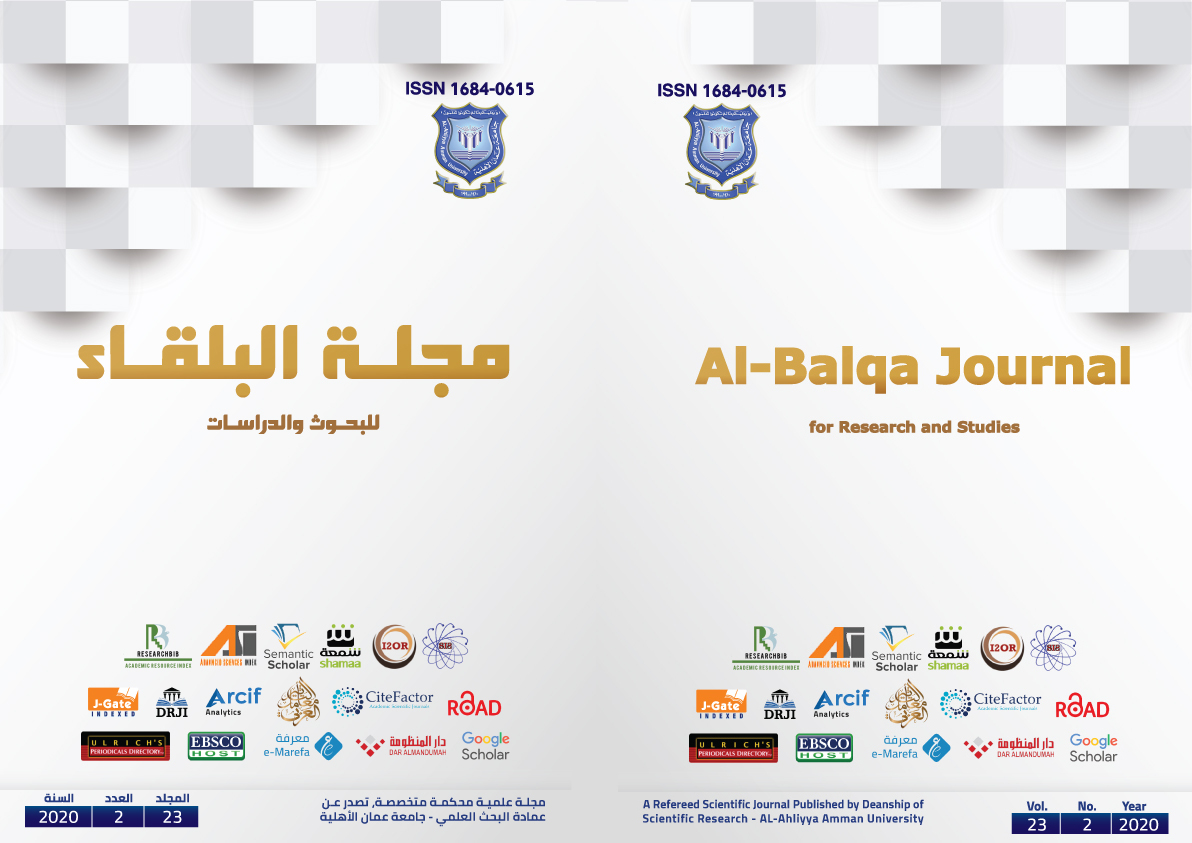Al-Balqa Journal for Research and Studies البلقاء للبحوث والدراسات

Abstract
This study investigates the impact of Neuro Linguistic Programming (NLP) on employees performance, using the experimental approach in Al-Hussein Bin Abdullah II Industrial Estates. The focus is on behavioral-based performance through four dimensions: self-efficacy, communication skills, problem-solving skills and the employees productivity. The sample consists of (44) employees from different departments distributed randomly into two groups. The first group (experimental) has attended the NLP training program introduced by a qualified specialist in this field, and the second group represents the control group. Leven test is used to verify variance homogeneity between groups. Pre-test and post-test are adopted by distributing questionnaires to the managers at two different time periods. Independent and paired- sample T-test are applied on both groups to measure the differences between the pre-and post-tests using the Statistical Package for Social Sciences (SPSS), version 17. The findings show that there are statistical significant differences between the means of experimental group (3.43) and control group (2.68) in favor of the experimental group, which enhances the result that there is a positive impact of the NLP on employees performance. Based on the research findings and conclusions, a number of recommendations and future research suggestions are proposed.
Recommended Citation
O. Al-ali, Asaad Hameed and Shamaileh, Basma Salem
(2015)
"The Impact of Neuro Linguistic Programming on Employees’ Performance:An Experimental Study in Al-Hussein Bin Abdullah II Industrial Estate-Jordan,"
Al-Balqa Journal for Research and Studies البلقاء للبحوث والدراسات: Vol. 18:
Iss.
1, Article 6.
Available at:
https://digitalcommons.aaru.edu.jo/albalqa/vol18/iss1/6

